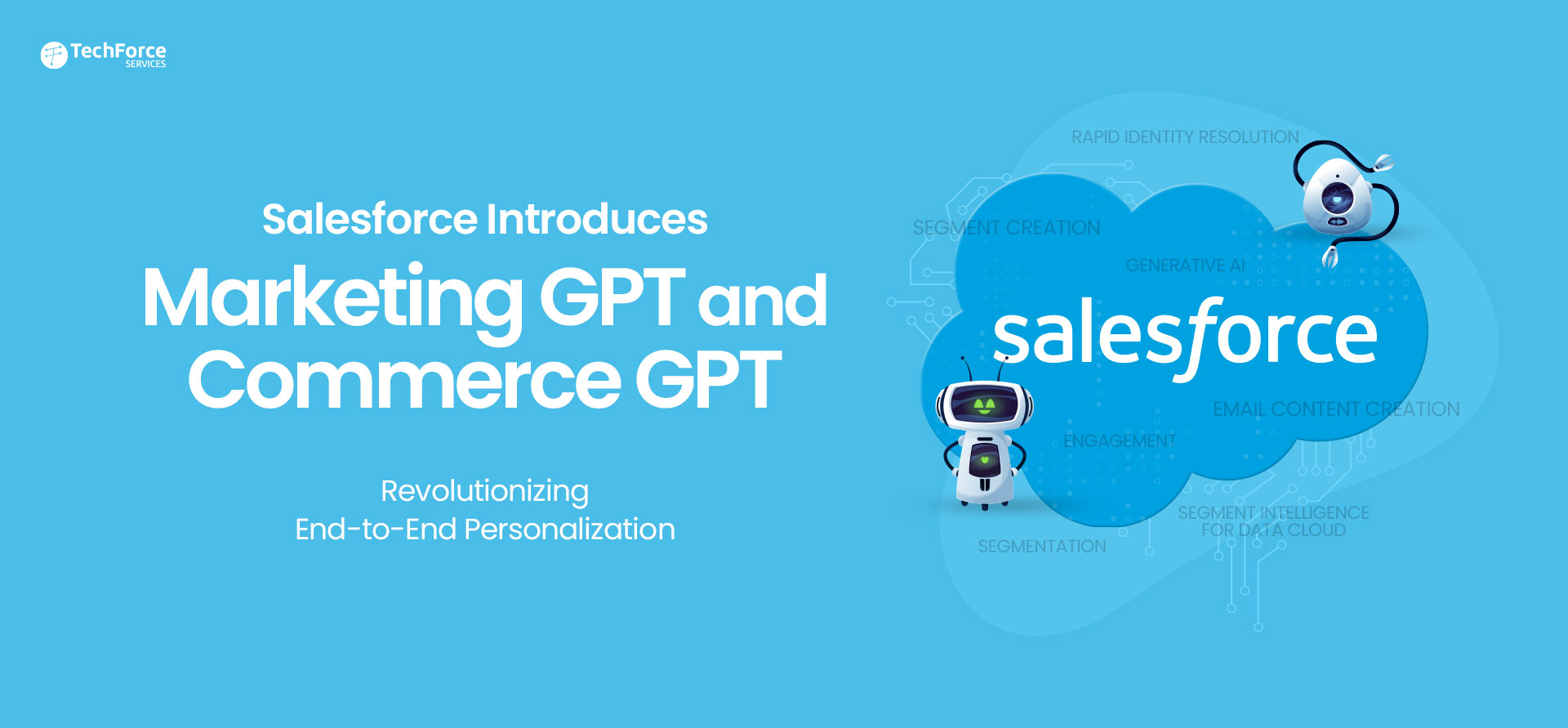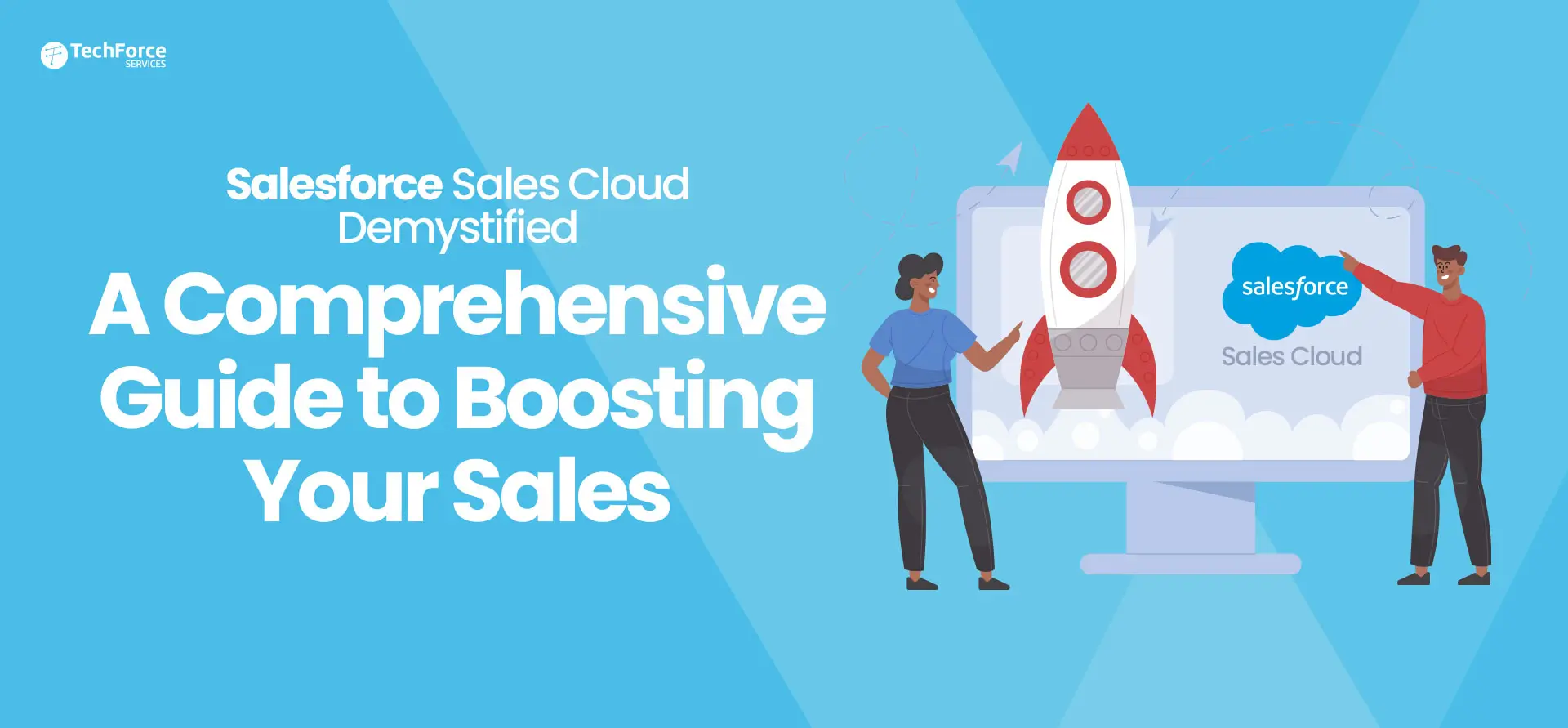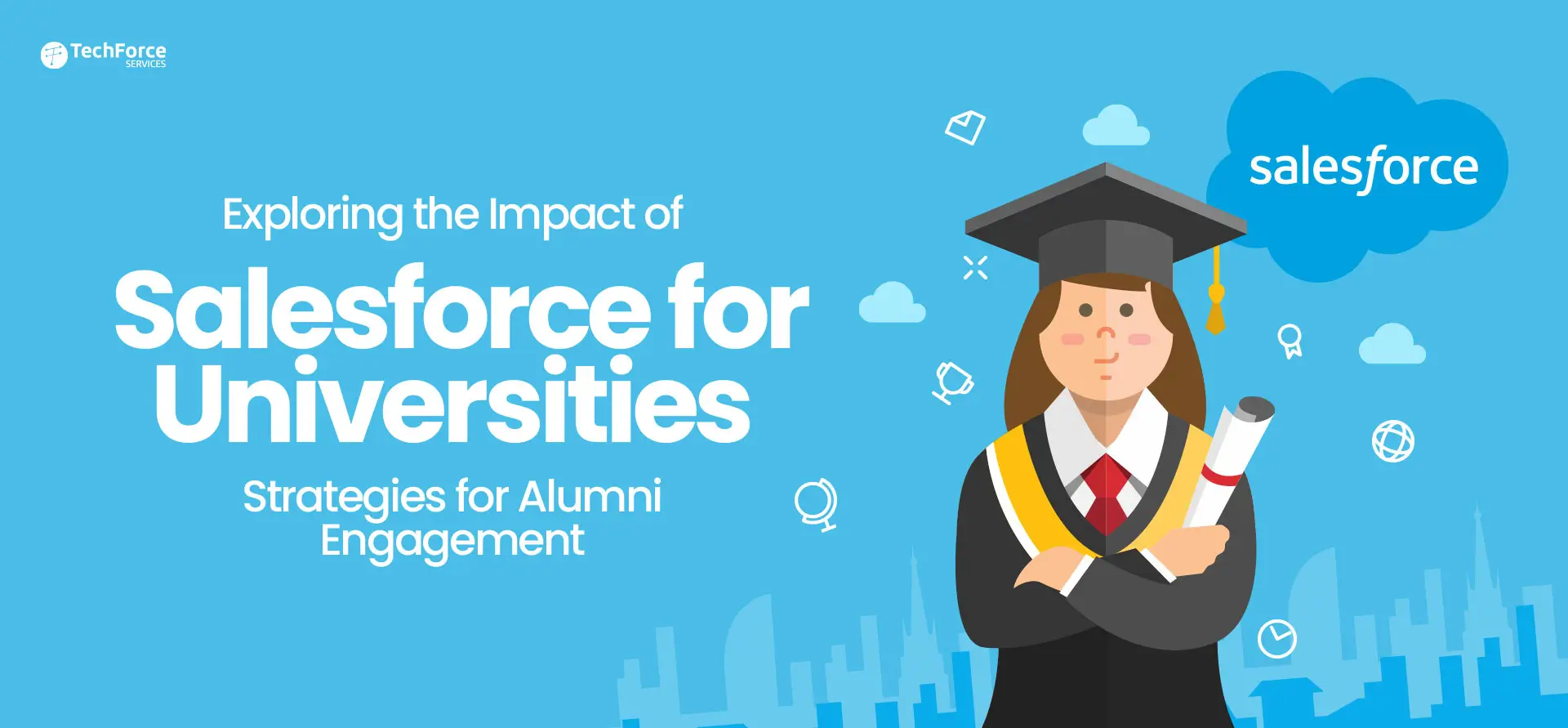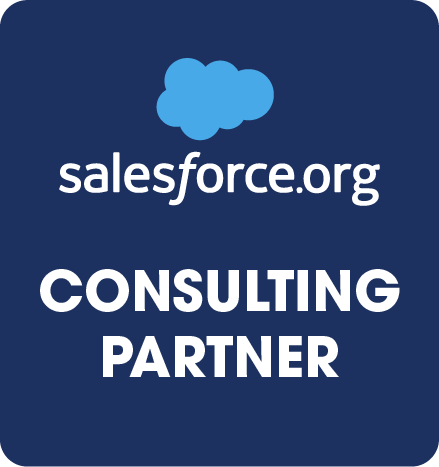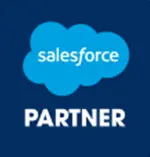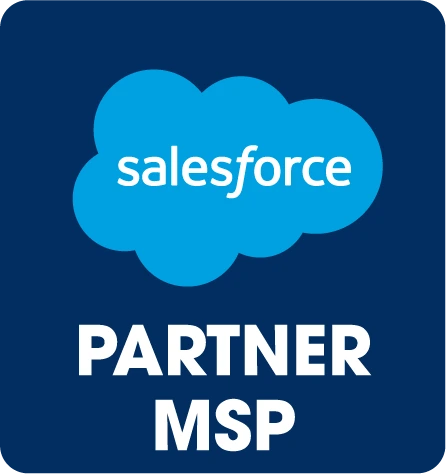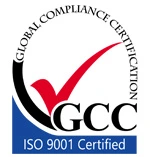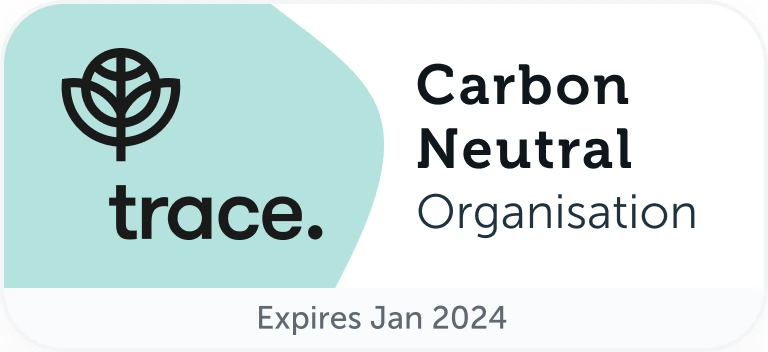Salesforce has recently unveiled its latest product offerings in the field of generative artificial intelligence (AI). These cutting-edge solutions, known as Marketing GPT and Commerce GPT, represent the forefront of Salesforce’s AI innovation.
Salesforce made an exciting announcement on June 7, introducing a range of new features for its marketing and commerce clouds. These features incorporate the power of generative AI technology, enabling marketers to enhance their campaign creation, personalization, segmentation, measurement, and offer customization processes.
Under the Einstein GPT ‘umbrella’, Salesforce is incorporating Marketing GPT and Commerce GPT as the newest addition to their suite of AI capabilities. They leverage the potential of Einstein GPT, a generative AI version of Salesforce’s machine learning-based system, Einstein. Initially launched in 2016, Einstein was designed for analyzing extensive CRM data sets from various sources.
During a press briefing on Monday, Michael Affronti, the General Manager of Salesforce Commerce Cloud, highlighted the company’s inspiration from consumer-oriented generative AI platforms like ChatGPT. Salesforce’s recent AI investments aim to draw insights from these platforms to enhance their own offerings.
Many organizations are grappling with the question of how to meaningfully adopt AI within their operations. The array of use cases that Marketing GPT addresses serves as a catalyst for swift user adoption. Let’s delve into the exciting prospects that the launch of Marketing GPT and Commerce GPT brings.
Related Read: Why Einstein Discovery Can Be Your Additional Team Member
Marketing GPT
What’s new: With the introduction of Marketing GPT, marketers now have access to a range of powerful capabilities. They can effortlessly build audience segments, create personalized content at scale, and automate the creation of customer journeys.
For instance, using a natural language prompt, marketers can interact with Salesforce Data Cloud to generate new audience segments for targeted campaigns. This functionality eliminates the need for coding knowledge, making the process more intuitive and accessible.
Furthermore, Marketing GPT enables marketers to generate personalized email versions and subject lines automatically. The generated content can be fine-tuned, utilized as-is, or rejected by the human marketer, offering flexibility and control.
To enhance the efficiency of personalized content generation, Salesforce has formed a partnership with Typeface, an AI startup specializing in content creation for enterprises using generative AI.
In addition, Salesforce has unveiled a new tool called Segment Intelligence for Data Cloud. This tool seamlessly integrates first-party data, revenue data, and third-party paid media data from Google and Meta (formerly Facebook) to provide marketers with comprehensive insights into campaign performance.
Lastly, Salesforce has introduced an AI-powered identity resolution capability. This feature utilizes AI algorithms to match consumer identities across multiple systems within Salesforce, enhancing data accuracy and customer understanding.
Commerce GPT
Commerce GPT revolutionizes the way companies engage with customers throughout their buying journey. By leveraging auto-generated insights and recommendations from unified real-time data provided by Data Cloud, brands can create personalized commerce experiences. Here’s what Commerce GPT and Data Cloud enable:
Unlock growth and conversions with Goals-Based Commerce: This advanced tool allows businesses to set targets and goals. Gain actionable insights and proactive recommendations to drive success. Harness the power of Data Cloud, Einstein AI, and Flow to elevate margins and boost average order value (AOV).
Enhance merchant productivity with Dynamic Product Descriptions: This feature automatically fills in missing catalog data for merchants. It transforms the customer experience by providing tailored, auto-generated product descriptions for each buyer, ensuring a more engaging and informative shopping journey.
Transform shopping & loyalty with Commerce Concierge: Personalize and engage through meaningful conversations between brands & shoppers. Through natural language interactions, Commerce Concierge assists shoppers in effortlessly discovering products across various channels, including digital storefronts and messaging apps.
By leveraging Commerce GPT, brands can deliver exceptional commerce experiences, optimize productivity, and enhance customer engagement at every touchpoint.
Data Privacy and Security
What about data privacy and security? It’s a pressing concern for many organizations. The good news is that not all customers are required to enable Einstein GPT—it’s a choice that rests in your hands. Salesforce has prioritized trust and safety as key drivers in their design, setting them apart from other generative AI providers in the market.
Salesforce remains proactive in keeping up with potential regulations and ensuring their product and technology teams are well-informed about the evolving landscape. The recent partnership with Google Cloud highlights Salesforce’s recognition that customers may have data stored in external systems. As a result, they provide secure methods for transferring data to and from the Salesforce platform, prioritizing the confidentiality and integrity of your valuable information.
Availability
Here’s a simplified breakdown of the release timeline for the mentioned features:
- Segment Creation: It will be tested in a pilot phase later this summer and available for general use in October 2023.
- Email Content Creation: Email Content Creation is set to undergo a pilot phase starting in October 2023, with a planned general availability in February 2024..
- Rapid Identity Resolution: It will be generally available in October 2023.
- Rapid Segmentation: Expect general availability later this summer.
- Segment Intelligence for Data Cloud: It will be generally available in October 2023.
- Dynamic Product Descriptions: Look for general availability in July 2023.
- Commerce Concierge: The pilot phase is set for October 2023, and it will be generally available in February 2024.
- Goals-Based Commerce: It will be tested in a pilot phase starting in October 2023 and available for general use in February 2024.
- Data Cloud for Commerce: This feature is currently available.
Please note that the provided timeline is subject to change, and it’s always good to stay updated with the latest announcements from Salesforce regarding these features.

